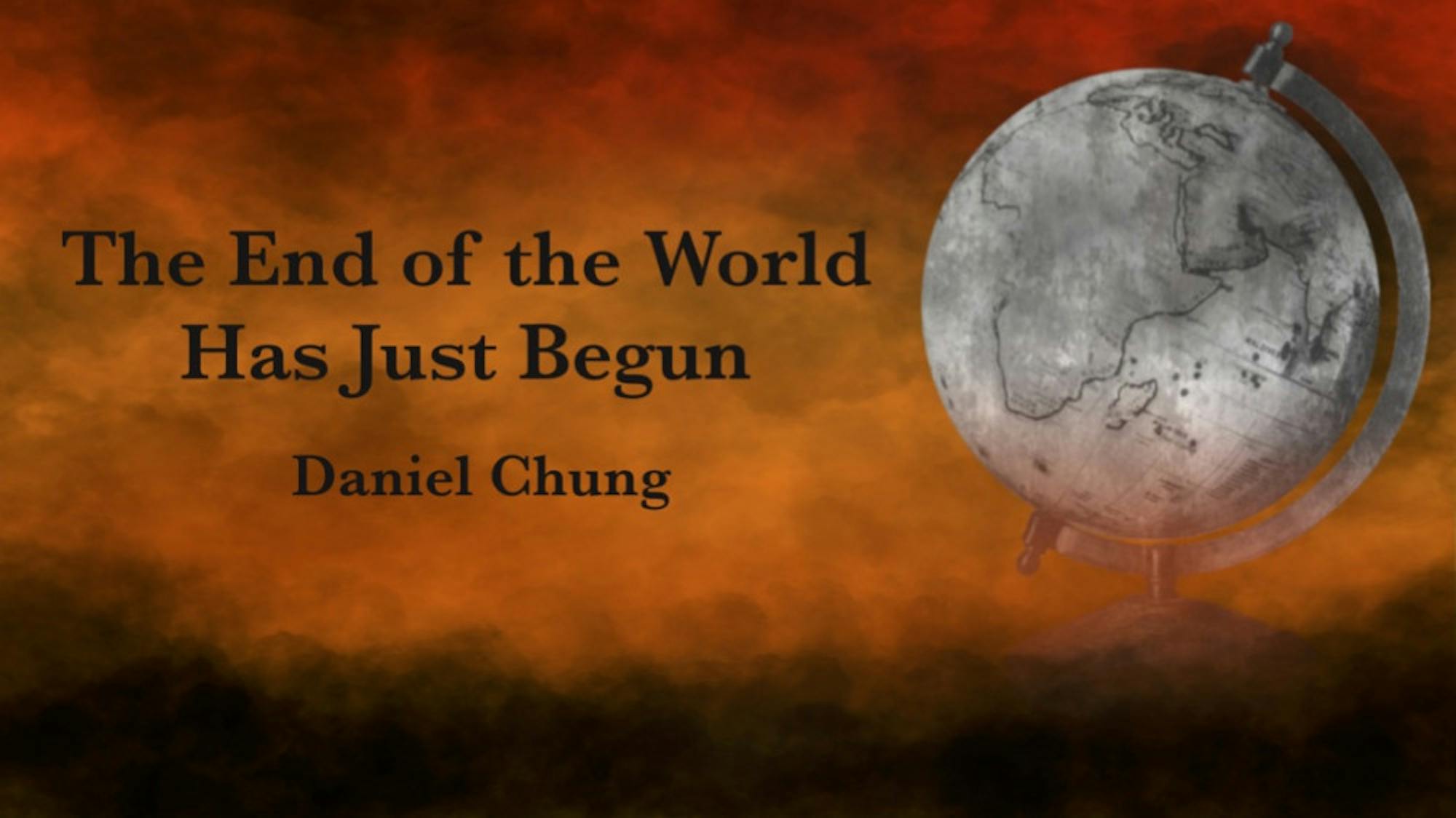Since the beginning of the year, the White House has been crowing about progress made against inflation, as recently as a few days ago. Unfortunately, even if the numbers do not lie — and there has certainly been discussion about the extent to which current calculations are truly representative of inflation rates — this story is not likely to remain true for much longer.
For months, as the White House has said that inflation is coming down, investors that depend on low interest rates have been anticipating a ‘Fed pivot,’ where the Federal Reserve would theoretically hike rates by less, or even lower interest rates, lowering the anticipated cost of borrowing. However, the Fed has long stuck by the narrative that their job is not finished, and with the target still being 2% inflation, speculation abounds about more potential hikes in the future.
Recent headlines illustrate one of the reasons a hike is unlikely in the near future. Since the beginning of the Ukraine war, the U.S. has pushed a price cap on Russian oil. Although the EU has stuck firm to the price cap, Japan, just yesterday — with U.S. approval — struck a deal with Russia to buy oil priced above the $60-per-barrel cap. This deal aligns with predictions by the International Energy Agency of rising oil demand, putting even more upward pressure on prices. The news that oil inventories have been drawn down to unprecedented lows and the Strategic Petroleum Reserve has not been refilled — with Energy Secretary Jennifer Granholm anticipating that such a process could take years — does nothing but lower confidence in price stability. Add OPEC’s decision to cut output, which was motivated at least partially by the impacts of the price cap on Russia’s economy, and the prospects of oil’s future affordability become only ever more bearish.
Besides oil, another problem likely over the horizon is food inflation. Last year, several areas of the world, most importantly Ukraine, saw better harvests than expected, which staved off concerns related to agriculture. However, it is uncertain that this will stick. Although the Department of Agriculture is anticipating a better harvest this year than last, global food prices remain high, with fertilizer supply chains disrupted by the war in Ukraine and the COVID-19 pandemic. And of course, the United States has its own quirky economic problems in this area, namely the egg shortage that caused prices to skyrocket after bird flu swept through chickens, ruining the supply of eggs.
With this in mind, it becomes clearer why the Fed will not pivot. Inflation remains an ever-present problem, and the Fed’s partial mission of stable prices means that it cannot allow the status quo to remain. Of course, this will likely cause immense economic pain for Americans, as companies will have to cut jobs to maintain profit as borrowing costs increase. But for a Fed that sees employment as overly strong, this could be worth the cost.






